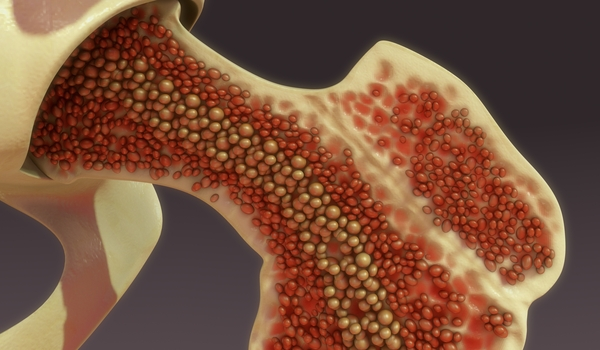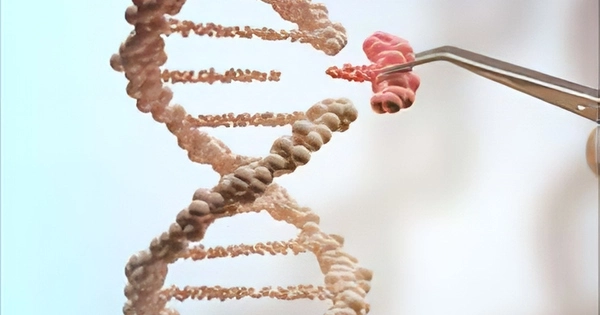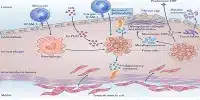An epigenetic emergency switch is a mechanism by which cells can quickly adjust their gene expression in response to an infection or other stressor. This allows the cells to mount a more effective defense against the invader. Studies have suggested that certain epigenetic changes can enhance the activity of genes involved in the immune response, helping to protect the organism from infection. Additionally, some researchers have proposed that epigenetic changes may also play a role in the development of antibiotic resistance in bacteria.
During an infection, the hematopoietic system switches from normal to emergency mode. This strengthens the body’s defenses against pathogens. Scientists at the German Cancer Research Center (Deutsches Krebsforschungszentrum, DKFZ) have discovered an epigenetic switch in mouse blood stem cells and progenitor cells that can switch from one mode to the other.
If the body’s emergency hematopoiesis program activates, it signals an alert state of the immune system and serves two purposes: When compared to “normal” hematopoiesis, the emergency program results in increased replenishment of immune cells that are consumed during infections or inflammations. Furthermore, the emergency program activates the entire immune system, which aids in the faster clearance of infections.
The emergency program’s characteristics include an increased division rate of blood stem cells and a shift in the balance of mature white blood cells in favor of myeloid cells (macrophages and granulocytes). Typically, the emergency response program is activated by pathogen molecular components or pro-inflammatory messenger substances such as certain interferons.
The increased H2Bub1 level appears to be the alarm button that activates the immune system. This, in particular, activates the innate immune defense, which is especially important during initial contact with a pathogen.
Nikolaus Dietlein
But what happens in the blood stem cells and progenitor cells? Is there a cellular switch that triggers the emergency program? Scientists led by Nikolaus Dietlein and Hans-Reimer Rodewald of the German Cancer Research Center (Deutsches Krebsforschungszentrum, DKFZ) targeted a specific epigenetic modification, abbreviated H2Bub1. It is involved in switching on genes that are activated by interferon as a result of a viral infection and that are important for the defense against infection. The modification, which attaches to the packaging proteins of the DNA, the histones, is removed again by the enzyme USP22.
Could H2Bub1 and USP22 be the sought-after switch that triggers the emergency program in the blood stem cell? The researchers led by Rodewald investigated this in mice in whose blood stem cells USP22 was genetically switched off. In these animals, the emergency program of hematopoiesis with all its key features ran without any detectable infection or increased interferon levels.

The genetically modified animals were better able to fight off infection with the bacterium Listeria monocytogenes than normal mice. In addition, important scavenger cells in their blood, neutrophil granulocytes, were more successful at engulfing bacteria.
The genetic material in the blood cells of the gene-modified animals had significantly more epigenetic H2Bub1 modifications, as expected. “The increased H2Bub1 level appears to be the alarm button that activates the immune system. This, in particular, activates the innate immune defense, which is especially important during initial contact with a pathogen “says Nikolaus Dietlein, the current publication’s first author. In normal animals, the alert is terminated by USP22, which removes the H2Bub1 modification.
H2Bub1 and USP22 are also found in human cells and, according to current research, perform functions that are similar to those found in mice. According to Hans-Reimer Rodewald: “We were able to demonstrate in mice that an epigenetic modification improves defense against infection. However, it is still unknown how the loss of USP22 affects human hematopoietic stem and progenitor cells, which should be investigated further. Drugs that inhibit USP22 could one day help to improve immune defense against pathogens. However, this is currently unproven and needs to be tested in additional studies.”














